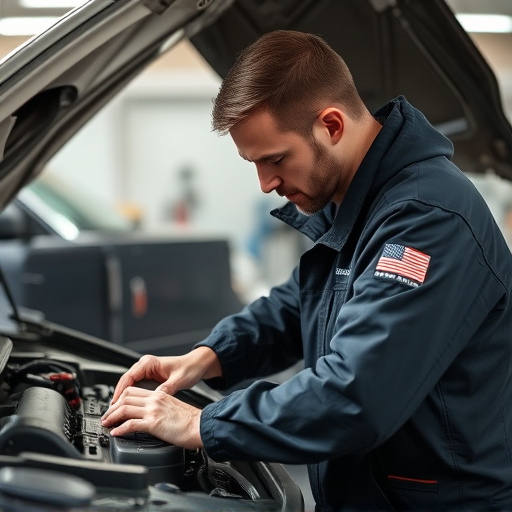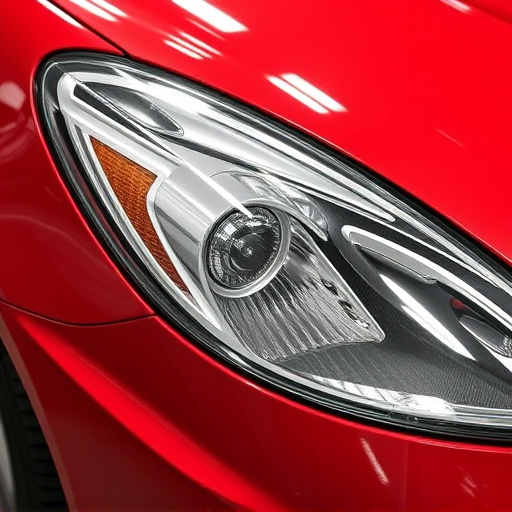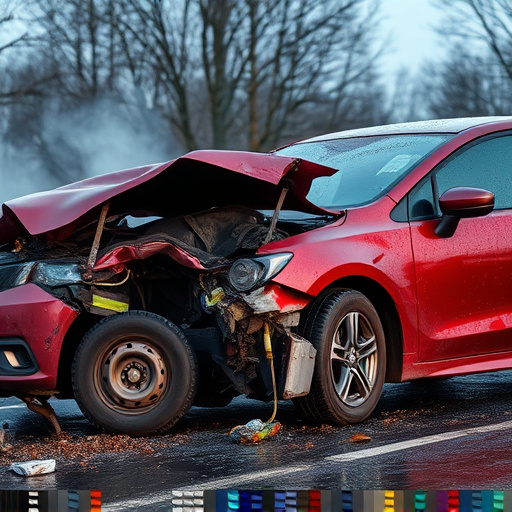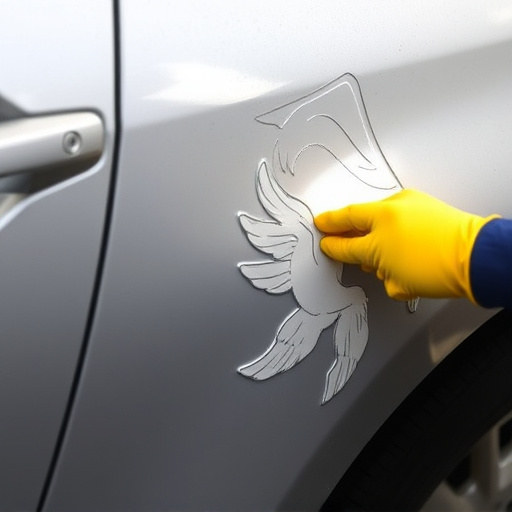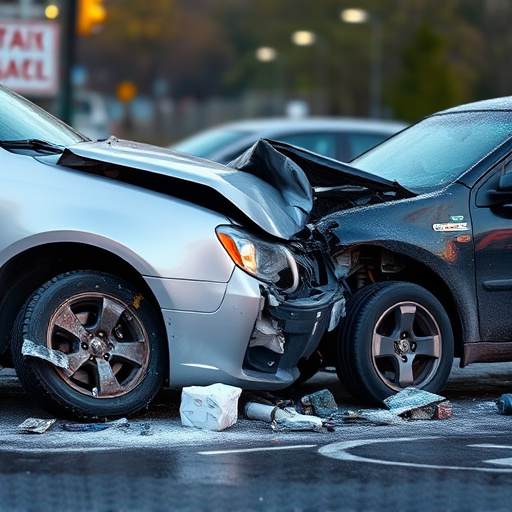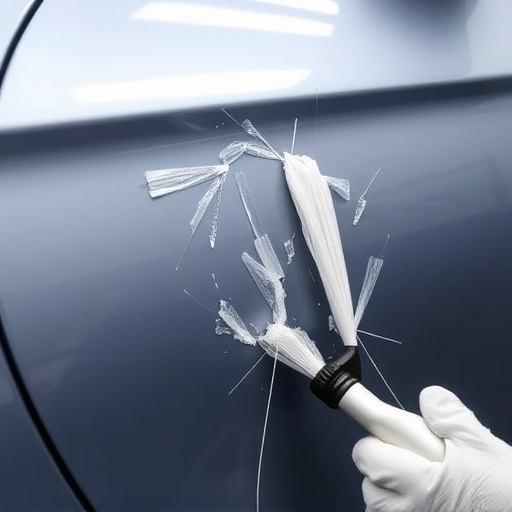Insurance Repair Standards (IRS) are essential guidelines for transparent and efficient car damage assessments and claims processing. Implemented by insurance companies, these standards govern repair techniques, cost estimates, and quality control in auto body shops, facilitating communication and enhancing customer satisfaction. Adhering to IRS ensures vehicles are restored to pre-accident condition using appropriate methods, balancing repair costs with vehicle value, streamlining claims, and reducing disputes. Staying current through training sessions ensures professionals employ cutting-edge techniques for accurate assessments, precise repairs, and detailed documentation, ultimately improving settlement processes and restoration quality.
Insurers and policyholders alike rely on insurance repair standards to ensure fair and efficient settlement processes. These standards dictate the methods and materials used in restoring damaged properties, playing a crucial role in navigating complex claims scenarios. Understanding how these guidelines influence settlements is paramount for both parties. This article explores what insurance repair standards are, their significant impact on claim resolutions, and offers best practices for adhering to them.
- What are Insurance Repair Standards?
- How Do They Impact Settlement Processes?
- Best Practices for Adhering to Insurance Repair Standards
What are Insurance Repair Standards?

Insurance Repair Standards (IRS) are a set of guidelines and protocols established by insurance companies to ensure fair and consistent assessments during settlement processes for vehicle damages. These standards play a pivotal role in the auto collision center and vehicle body shop industries, providing a framework for repair techniques, cost estimates, and overall quality control. By setting uniform criteria, IRS helps streamline the claims process, enabling efficient management of car dent repairs and other body shop services.
The implementation of insurance repair standards is crucial for maintaining transparency between insurance providers, policyholders, and vehicle body shops. It acts as a bridge, fostering effective communication and ensuring everyone involved understands the expected procedures and outcomes. This, in turn, promotes customer satisfaction, facilitates prompt settlements, and strengthens the trust between stakeholders in the industry, be it for minor car dent repairs or more complex vehicle body shop services.
How Do They Impact Settlement Processes?

Insurance repair standards play a pivotal role in shaping the settlement processes for various types of damage, particularly in the context of motor vehicle accidents. These standards act as a benchmark for determining the quality and cost-effectiveness of repairs, ensuring that vehicles are restored to pre-accident condition or, where necessary, replaced fairly.
When an insurance claim is made for car bodywork or car paint services, repair standards guide assessors and mechanics in evaluating the extent of damage. This includes guidelines on the techniques, materials, and processes required for successful car paint repair, ensuring longevity and aesthetic appeal. By adhering to these standards, insurers can make informed decisions about settlement offers, balancing the cost of repairs with the value of the vehicle. This approach facilitates a more streamlined claims process, promoting transparency and satisfaction among policyholders while mitigating potential disputes over compensation.
Best Practices for Adhering to Insurance Repair Standards
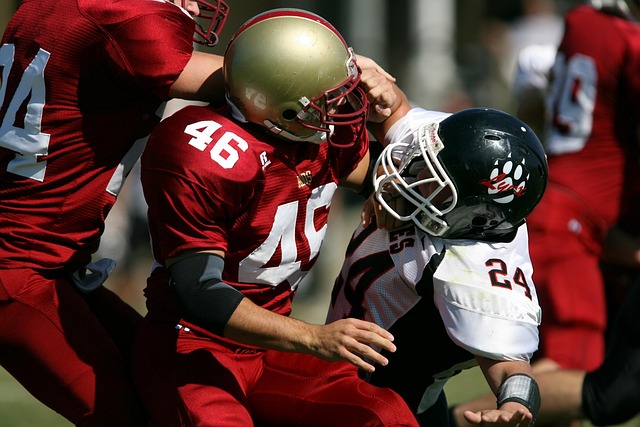
Adhering to insurance repair standards is paramount for ensuring fair and efficient settlements after an auto dent repair or collision repair. Best practices involve maintaining detailed records of all repairs, using only authorized parts, and adhering strictly to the manufacturer’s guidelines. This ensures that the vehicle is restored to its pre-accident condition, maximizing customer satisfaction and minimizing disputes with insurance providers.
Furthermore, staying current with industry standards for both collision repair and auto dent repair is crucial. Regular training sessions and workshops help professionals stay updated on the latest techniques and technologies, enabling them to accurately assess damage, perform precise repairs, and document progress meticulously. This commitment to excellence not only facilitates smoother settlements but also enhances the overall quality of vehicle restoration.
Insurance repair standards play a pivotal role in ensuring fair and efficient settlement processes. By setting clear guidelines for restoring damaged properties, these standards help streamline claims management and reduce disputes. Adhering to best practices, such as comprehensive documentation, adherence to codes, and collaboration between policyholders and adjusters, can significantly enhance the overall experience for all parties involved. Understanding and implementing these standards are key to fostering a transparent and effective insurance claims process.

